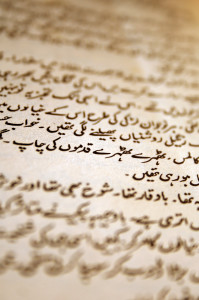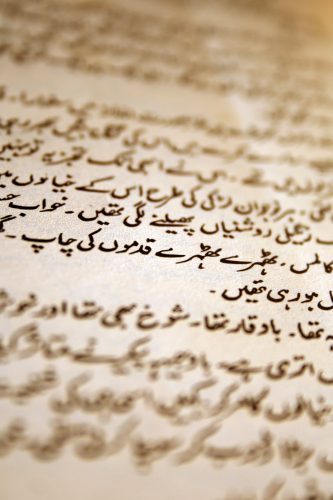 International Mother Language Day celebrates language diversity and variety around the world every year on February 21. The United Nations Education Science and Cultural Organization (UNESCO) officially established the special day in 1999 with the first event celebrated in February 2000. Organizations and groups around the world use this day to celebrate the world’s languages and to commemorate the killing of four students on February 21, 1952. The students were killed as they campaigned to officially use their mother language, Bengali, in Bangladesh.
International Mother Language Day celebrates language diversity and variety around the world every year on February 21. The United Nations Education Science and Cultural Organization (UNESCO) officially established the special day in 1999 with the first event celebrated in February 2000. Organizations and groups around the world use this day to celebrate the world’s languages and to commemorate the killing of four students on February 21, 1952. The students were killed as they campaigned to officially use their mother language, Bengali, in Bangladesh.
Why did this happen? In 1948 Pakistan’s government declared that Urdu was the sole national language. This sparked protests amongst the Bengali-speaking majority in East Pakistan. On February 21, 1952, students at the University of Dhaka and other activists organized a protest. Later that day, the police opened fire at the demonstrators and killed four students. To commemorate the goals and ideals of the students who gave their lives, International Mother Language Day was made a public holiday in Bangladesh, where it is also known as Shohid Dibôsh or Shaheed Day.
The upcoming theme for the 2013 celebration is “The Book.” People around the world are encouraged to read books, poems, prayers, etc. in the local language or a lesser-known language somewhere in public “to make people aware of the status of many lesser resourced languages or local languages in the world.” UNESCO and UN agencies will participate in events all over the world at this time to promote linguistic and cultural diversity.
Within our network at Alpha Omega Translations we can claim 180 languages. Some rare languages have fewer than 1,000 speakers, such as Chuukeese, Navajo, Ojibwa.
You can learn more about International Mother Language Day on Facebook.
For an overview of our translation expertise, visit our software translation and localization service page.




